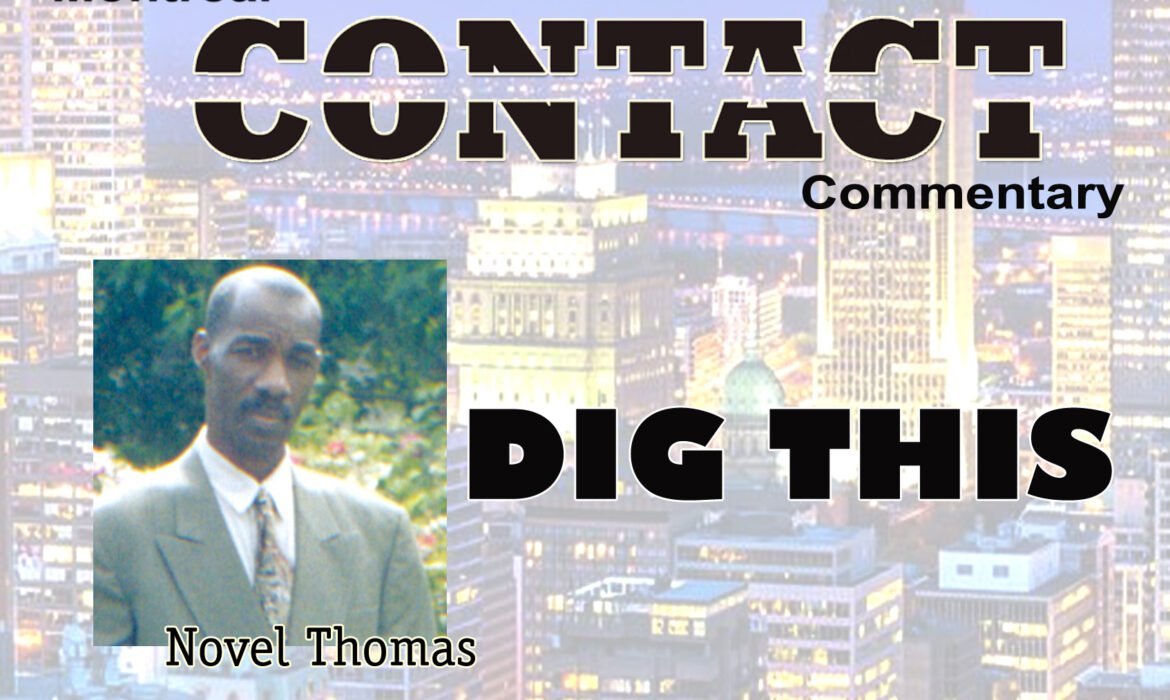 Change is inevitable. And nowhere is this necessary than in the political industry where some people seemingly become embedded in their positions, refusing to give way to proverbial new blood, ideas, often viable alternatives… where necessary.
Change is inevitable. And nowhere is this necessary than in the political industry where some people seemingly become embedded in their positions, refusing to give way to proverbial new blood, ideas, often viable alternatives… where necessary.
Problem is, many often view change as disruptive to the status quo: those people and things they’ve become accustomed to, are familiar with and want to maintain. The recent city of Montreal election is indicative of this.
Case in question were the two incumbent mayors, including one vying to make a comeback after being unceremoniously shown the exit door by his second-time opponent in a previous election four years earlier.
He probably thought he had redeemed himself, enough to be rewarded with another kick at the mayoral can to allow him an opportunity to thump the person who handed him his first mayoral loss 4 years earlier.
To the delight of many who had amassed ill feelings towards him in the interim, it wasn’t the change he was hoping for.
A respectable number of voters wanted, were hoping for change, but not with him at the helm.
Any “forgive and forget” political sentiments they may have had for him evaporated when he was handed his walking papers that return election night when the votes were tallied. People who wanted change simply opted for the status quo mayor they had become accustomed to the last four years, giving her a larger majority, though nothing new.
The change of interest many people were hoping for was a win, or at least some noise, by the upstart political party making its voice heard in the electoral scrum for the first time. It was new, fresh, with a leader at the helm who seemed ready to make a difference on the electoral landscape, notwithstanding its “new” status. And many were expecting big things from them. But what matters in any election are votes… and how many candidates the respective parties were able to elect. As far as the new party is con They were championing change… and while most voters weren’t initially biting their meagre electoral platform bait, the bait initially — because the party was new and untested.
But people voiced support for the party’s bold platform to do the forbidden — talk about language… bilingualism status for Montreal in the multi-ethnic metropolis that the city is. A good selling point for any major international city.
When the political exercise was over people re-elected the usual homogeneous types were sent back to City Hall (to run the city), but a handful of boroughs were enough enlightened to understand that this is 2021, on the verge of a new year, 2022, by electing a Black or other person (never mind all those apparently racially-identifying new fangled catch terms… “visible minority,” “racialized peoples” (Yech!)” and whatnot).
Can someone, anyone come up with some new terms for the dominant demographic? It seems so easy to create terms to describe others who are not of the majority demographic.
With all due respect to the respective non-pure lain winners in the recent municipal election, should we all be dancing, popping and spraying… drinking champagne and whatnot because a few so-called, er “visible minorities)… er, “people of colour” managed to snatch a handful of political seats?
Congratulations all the same.
In a major city like Montreal with its vat demographic cultural composition, political representation should be the norm, not a reason for some overdue specious election celebration.
Wonder if the dominant group joined in the celebration of the victory of those people?
Positive change is always good and welcome, as long as it’s in the best interest of the collective.
Here’s hoping that in the near, and not too distant future, a mayor coming out of Montreal’s cultural mosaic will sit in the mayor’s seat at City Hall.
POST-ELECTION AFTERMATH








